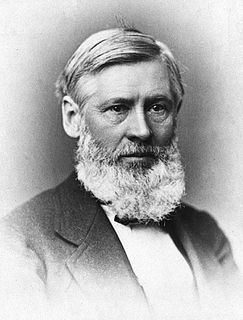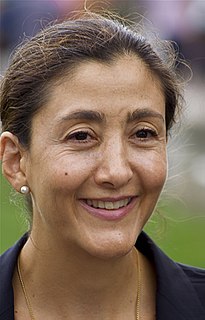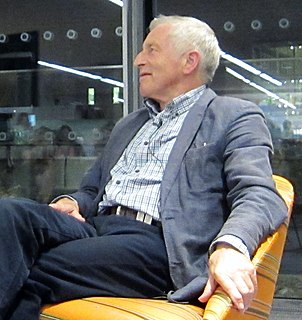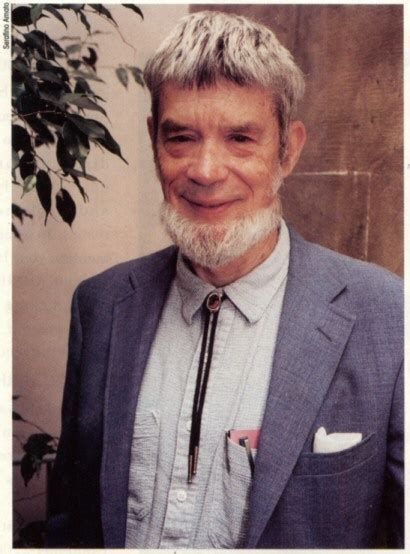A Quote by Ernst Mayr
The reduced variability of small populations is not always due to accidental gene loss, but sometimes to the fact that the entire population was started by a single pair or by a single fertilized female. These 'founders' of the population carried with them only a very small proportion of the variability of the parent population. This 'founder' principle sometimes explains even the uniformity of rather large populations, particularly if they are well isolated and near the borders of the range of the species.
Related Quotes
It's a fair guess that at the rate we're destroying habitat, especially but not exclusively in the tropics, we're pushing to extinction about one species every hour. That doesn't count the species whose populations are being reduced so greatly that diversity within the population is essentially gone.
There is a single theme behind all our work-we must reduce population levels. Either governments do it our way, through nice clean methods, or they will get the kinds of mess that we have in El Salvador, or in Iran or in Beirut. Population is a political problem. Once population is out of control, it requires authoritarian government, even fascism, to reduce it.
If new species arise very rapidly in small, peripherally isolated local populations, then the great expectation of insensibly graded fossil sequences is a chimera. A new species does not evolve in the area of its ancestors; it does not arise from the slow transformation of all its forbears.
co-author with Niles Eldridge

































